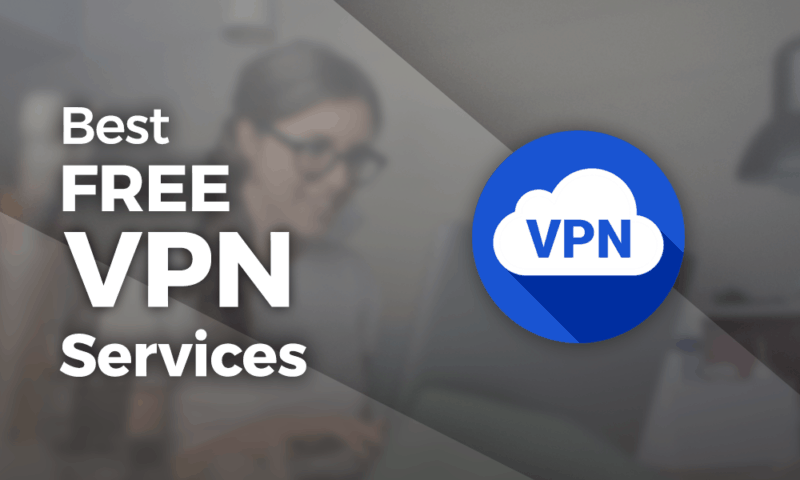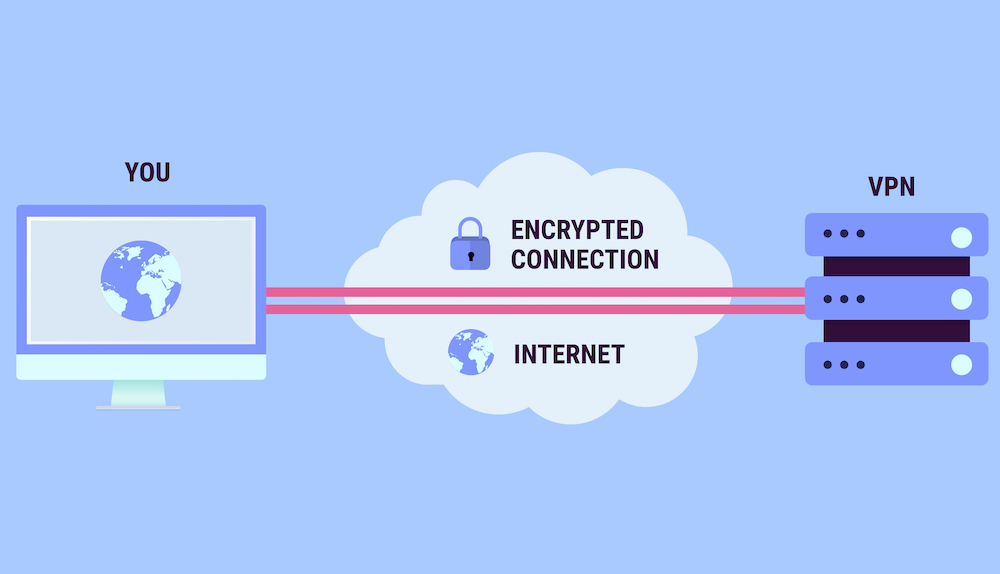A VPN is a virtual private network that allows you to browse the Internet securely and privately. It helps to protect you from snoopers and other websites that will take your information, including any saved passwords. The VPN hides your IP address and encrypts all your traffic, making the connection invisible to anyone but you, so no one can see what you’re doing online.
And for those concerned about their privacy, it also keeps sensitive information like browsing history private. The first time you connect to a VPN and start surfing the Internet, it’s expected that you might be a little confused with all of the different options. So, here are some tips on how to find the best VPN for your needs. You can click here to visit NordVPN and enhance your knowledge of this software.
- 1. Pricing
A reliable VPN service should have a clear and transparent pricing model with no hidden costs or surprises. If a company cannot explain the pricing clearly and forthrightly on its website, it’s probably better to look elsewhere. There are many free VPN services available, and while they might be ok for some basic web browsing, they won’t do much to protect your privacy.

- Features
All VPNs offer a wide selection of features and options, but this should not be the deciding factor in picking your favorite provider. A common mistake is buying a VPN based on price alone and later finding that the service doesn’t work for your needs.
- How to find a right VPN
The best way to get a good VPN provider is to use the Internet and research. Many websites offer unbiased reviews of different VPN services, so you should read what other people have to say before buying a new one.
- Choose your country
There are three main ways you can choose a VPN: one based in your country, one found in the US (which might be cheaper), and one based in Europe (which might have more features). For example, in China, the US and UK-based providers might be your best choice. However, choose one based in Europe if you want an anonymous IP (your web traffic will look like it’s coming from somewhere else).
- VPN apps
While a VPN can be used through your web browser, it’s not the best way. Instead, you should get yourself a VPN app for your Smartphone or tablet device. Many of these are free, and they can encrypt your data while you’re on public Wi-Fi hotspots.
- Payment
A good VPN service should accept at least some major credit cards, PayPal, and other prepaid cards such as those from Visa and MasterCard. If a VPN provider does not accept these, you should probably look elsewhere. For example, a private VPN accepts PayPal, Visa, MasterCard, and American Express.

You now know the details of how to choose a VPN, and the information is one that you would be able to read again and again because it is full of helpful information all about VPNs. So make sure that you stay focused on the info to better understand without facing any problems.


